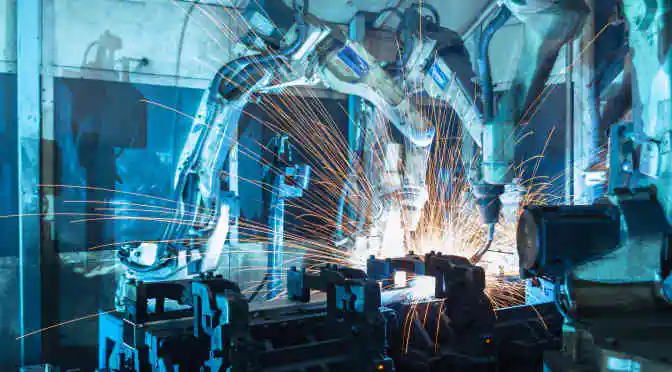Automation is becoming part of our daily rhetoric. Robots, M2M, drones, wearables, even self-driving cars are now very much a reality and becoming accessible to the average consumer.
But while automation has taken huge leaps forward in recent years, it’s not exactly a new concept. Humans as a species are inherently lazy, and for thousands of years, we’ve been devising clever ways to use technology to automate basic processes.
Take doors, for instance. Most of us don’t take much time to think about sliding, folding, swinging, or revolving doors, all of which have been automated for our convenience.
Not that we should be spending a great deal of time considering doors, but while we’re on the topic…
A very brief history of automatic doors
Heron of Alexandria—a mathematician and inventor, born somewhere around 10 AD—is said to have created the earliest known automatic door. His was a pneumatic system; a fire was lit and after a few hours the heat built up enough to pump water from brass containers into adjacent vessels. These acted as weights to mechanize a pulley system in order to open the city’s temple doors.
Other iterations have popped up over the centuries, but the idea didn’t stick until the mid-20th century.
Modern sliding doors appeared in 1954 when Lew Hewitt and Dee Horton noticed that regular swing doors were troublesome in windy Corpus Christi. They established Horton Automatics Inc in 1960, and the company still operates today.
Nowadays, automatic doors are a billion-dollar industry. The global market is expected to reach a value of $1.98 billion in 2020, according to a new report from Technavio.
Hotels, airports, and infrastructure are the biggest reasons for market growth
Increased tourism and business travel have resulted in the growth of the hotel industry. Governments and private investors are putting a lot of money into the development of luxury hotels, resorts, and spas to attract tourism money.
Additionally, trendy boutique hotels are popping up everywhere to offer both style and convenience (though certainly less space) to travelers.
And what good are more hotels if there’s no way to get to them?
Airport construction has also attracted a huge amount of infrastructure funding in recent years. In January 2015, total worldwide investment in airport construction stood at $544 billion.
An increase in the number of public infrastructure projects globally will have an obvious impact on automatic doors. And as accessibility becomes a key concern for any new infrastructure, we will certainly see a corresponding jump in the automatic doors market.



